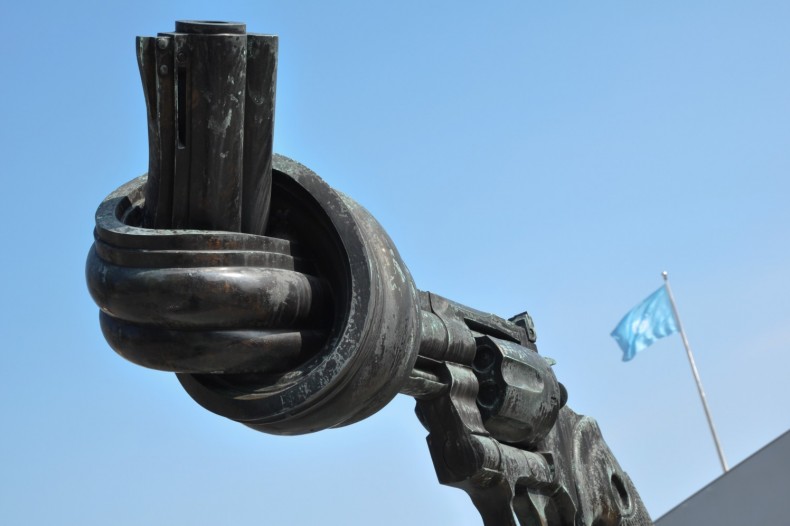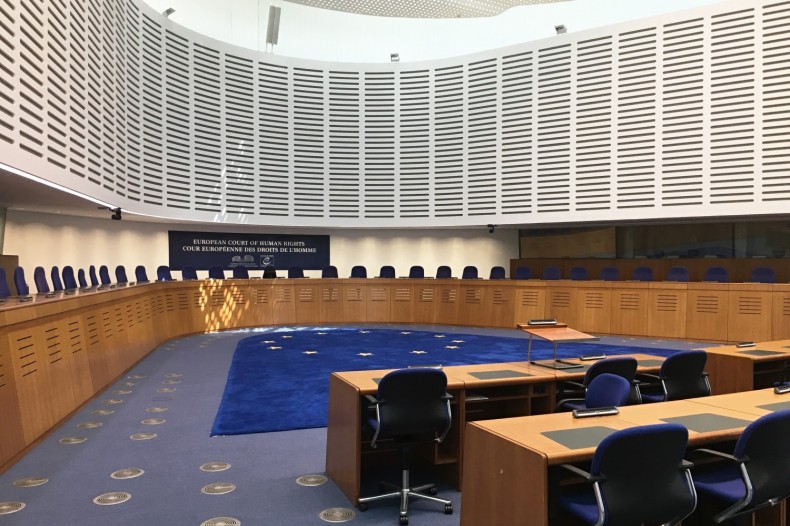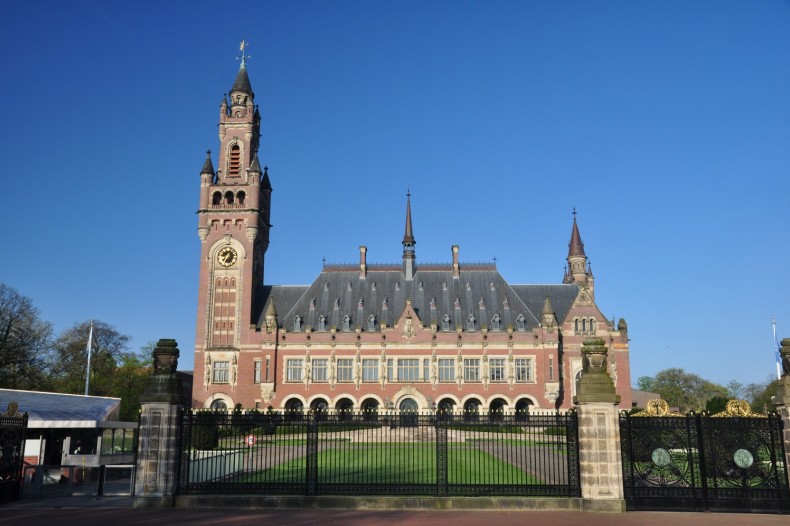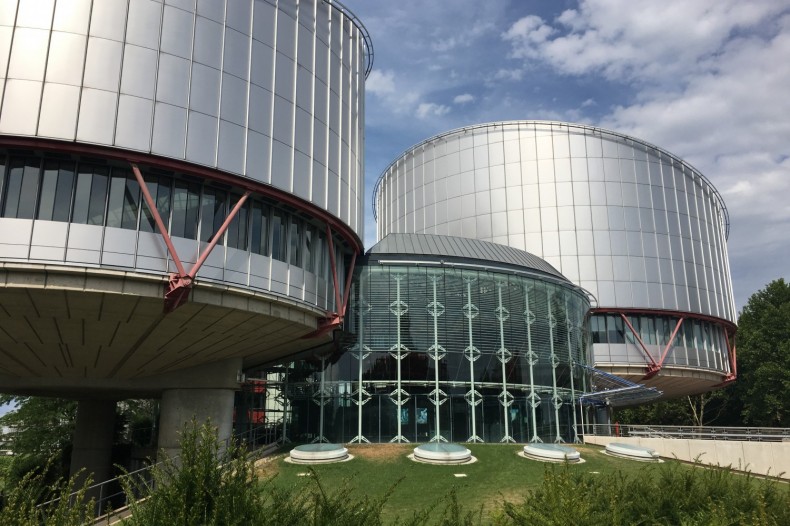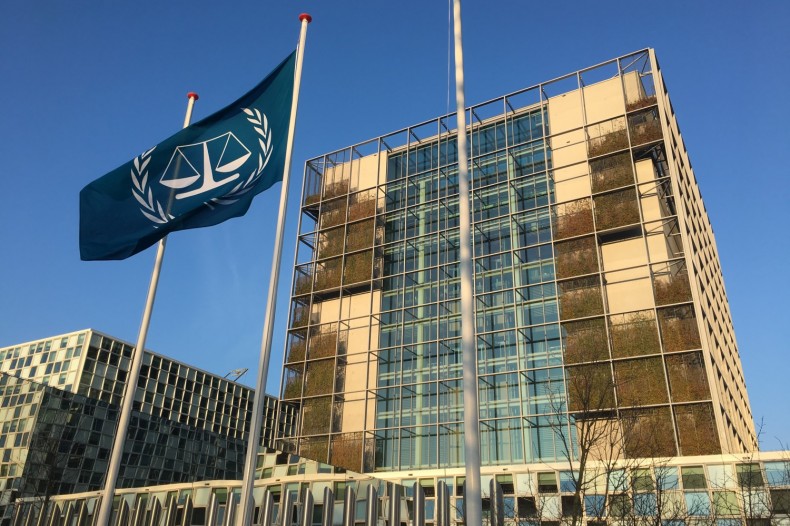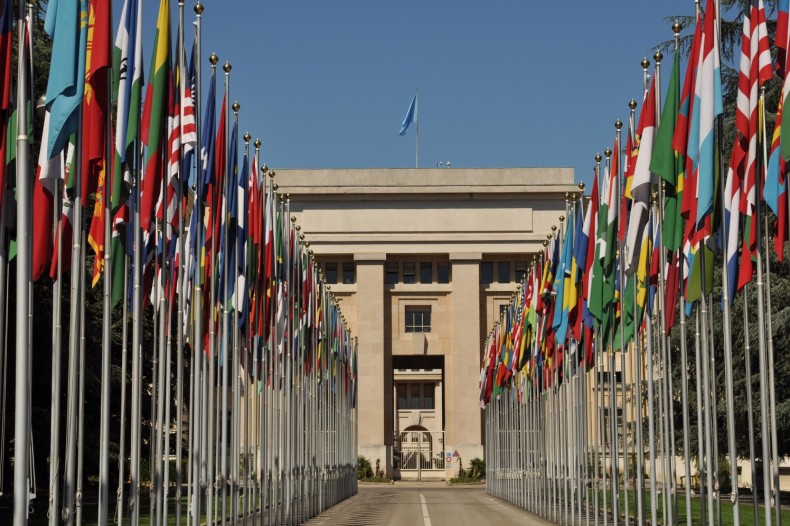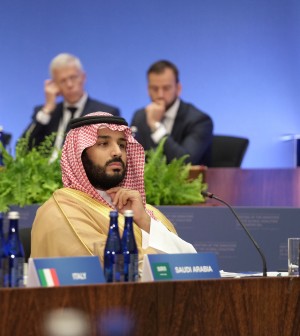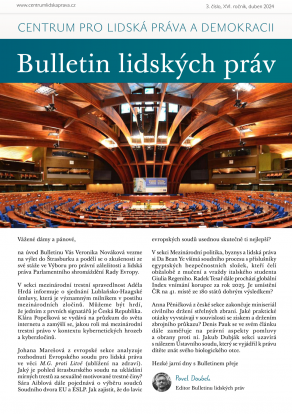Centrum pro lidská práva a demokracii
Nezávislá akademická instituce, která sleduje lidská práva v Česku i ve světě. Centrum vydává měsíční online časopis, pořádá konference a zajišťuje informování o lidských právech.
Těší nás, že Vás po roce můžeme opět pozvat na přednášku o vývoji lidských práv za období 2018–2019, která proběhne v úterý 1. října od 16.00 v místnosti 025 na Právnické fakultě Masarykovy univerzity v Brně.
Za jednotlivé tematické oblasti promluví vedoucí sekcí Centra pro lidská práva a demokracii a následovat bude společná diskuse. Kromě toho představíme také možnost stáží v Centru. Těšíme se na Vás!
Rádi bychom Vás pozvali na besedu Násilí na ženách a domácí násilí, která se bude konat dne 30. září od 17:00 do 18:30 v Knihovně Jiřího Mahena v Brně. Akci pořádá Úřad vlády ČR ve spolupráci s Centrem pro lidská práva a demokracii.
Na besedě budou účastníci diskutovat o aktuálních výzvách v oblasti domácího násilí a násilí na ženách. Mezi panelisty a panelistkami bude mimo další zmocněnkyně vlády pro lidská práva paní Helena Válková či Vladimír Vedra z Bílého kruhu bezpečí.
Chcete se podílet na tvorbě lidskoprávního časopisu a na dalších aktivitách Centra? Hledáme nové stážisty a stážistky do našeho týmu!
Na výběr máte z následujících tematických oblastí:
- mezinárodní trestní spravedlnost
- evropský systém ochrany lidských práv
- mezinárodní politika, byznys a lidská práva
- Česká republika a lidská práva
For the past few weeks there have been numerous demonstrations filling the streets of Hong Kong. The police suppressed the demonstrators using a high level of violence in an attempt to calm the situation. Why are the citizens of Hong Kong assembling and what initiated the protests?
2019 Hong Kong Extradition Bill
The Extradition Bill [1] is an amended bill proposed by the government of Hong Kong in January 2019. The bill shall fix the legal loopholes that enables criminals to safely stay in the city. However, it simultaneously proposes a threat to the “one country, two systems”, since it leaves citizens of Hong Kong and those passing through the city vulnerable to possible trial (possibly unfair) in front of the courts of Mainland China, which are controlled by the Communist Party of China (CPC).
Letní Bulletin si můžete stáhnout zde
Letní vydání Bulletinu lidských práv zahajujeme příspěvkem Martina Kopy k 60. výročí vzniku Evropského soudu pro lidská práva. K čemu vlastně potřebujeme kromě všech domácích soudů v oblasti lidských práv i „mezinárodního hlídače”?
Navazují české zástupkyně u Benátské komise Veronika Bílková a Kateřina Šimáčková, které popisují přijatá stanoviska komise týkající se svobody náboženství a vyznání v Černé Hoře, jmenování soudců Nejvyššího soudu v Gruzii či reformy justice v Rumunsku.
The term “Free World” grew in prominence during the Cold War to describe the Western Bloc. Over time it has been associated more with the US due to the US being considered the main democratic superpower and therefore, the leader of democratic states throughout the world. However, if one examines recent trends, it seems the US no longer meets this standard.
The “Free World,” more generally being associated with Western states, has democratic values at its core. One of the key democratic values is respect for fundamental human rights. However, in order to be a leader of the “Free World,” the state (or amalgamation of states in the case of the US) should not only protect these fundamental human rights but also drive them forward at an accelerating pace, both internationally and domestically.
In her final report of June 2019, the UN Special Rapporteur on extrajudicial, summary or arbitrary executions, Agnes Callamard, published her findings about the murder of the Saudi Arabian journalist Jamal Khashoggi, committed inside the Saudi consulate in Istanbul last October. Based on her investigation, Callamard affirms that there is credible evidence of the involvement of the Saudi Arabian Crown Prince, Mohammed bin Salman, and other high-ranking officials in the killing and calls for opening an independent international inquiry.
In June, the UN Special Rapporteur Agnes Callamard submitted to the Human Rights Council her long-awaited report summarising her findings on the murder of the Saudi Arabian journalist, Jamal Khashoggi. The report is divided into two documents. First, a formal summary submitted to the Human Rights Council for its 41st regular session which took place in Geneva between 24 June and 12 July. Second, a one-hundred page annex to the report discussing detailed factual and legal findings of the UN Special Rapporteur. Drawing upon evidence collected mainly during Callamard’s mission to Turkey, her investigation brought to light several novel facts about Khashoggi’s death.

